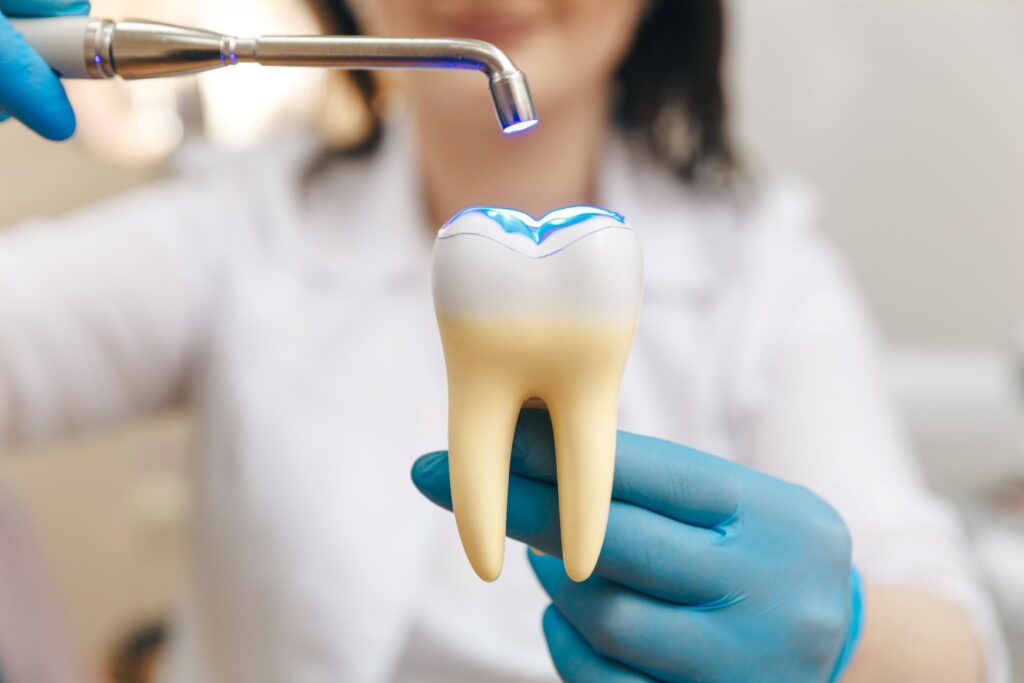
Mouthwash is a helpful addition to your oral hygiene routine, offering benefits such as freshening breath, reducing bacteria, strengthening enamel, and helping prevent gum disease. However, many people are unsure about how much mouthwash they should use to get the best results. Using the proper amount ensures effectiveness while avoiding unnecessary waste or irritation. Here is a helpful guide to using mouthwash correctly.
(more…)








